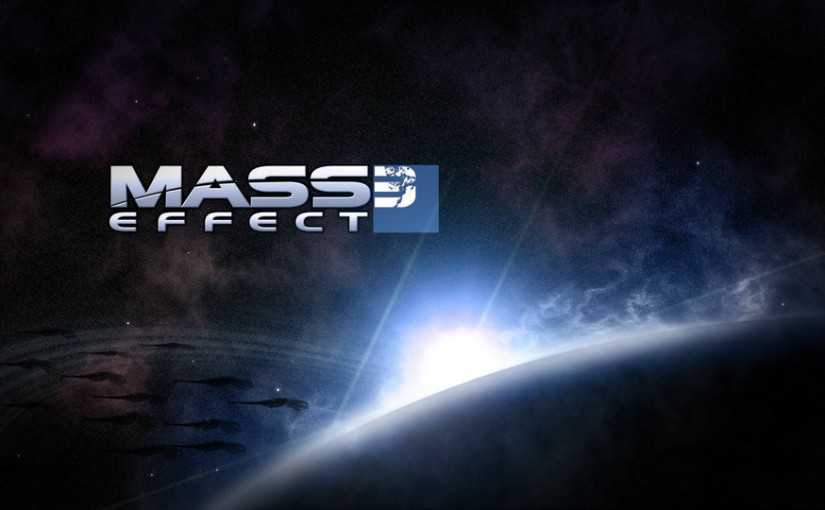Gareth Fouche analyzes the plot of Mass Effect 3 in a well-reasoned, level-headed post. Can’t help but agree with most of his points. Can’t help but be grateful for my wonderful ability to keep disbelief suspended so high up, it spends most of the time clinging to the ceiling.

Interesting. I can’t help but acknowledge most of those points, too: in particular, I think there’s a bit much Cerberus. I’m not sure I agree that an ME2 squadmate would have made a good substitute for Kai Leng, though, unless maybe it was Miranda. Most of the ME2 gang made clear in that game that they were joining Shepard, not Cerberus.
I must have good suspension of disbelief, too, though, or I was so immersed in the game narrative that I didn’t really question it. One question that did occur to me in-game was: why are we fighting our way through hordes of enemies in ruined London to hitch a ride to the Citadel, instead of sending a strike team to Ilos, where we know there’s a back door?
Hah. Making Miranda into a double-turncoat would have been delicious. But betrayal doesn’t have to be in favor of Cerberus. Picture Kaidan, giving into his doubts and leaving at a deciding moment, or trying to take over? Or EDI, turning out to be vulnerable to reaper-hacking after all. Lots of missed opportunities.
As for the Conduit, we don’t know that the exit-relay has survived the geth attack, do we?
I’m aware that the series as a whole is built on a set of flawed, internally inconsistent assumptions, so very little in the way of plot holes can surprise or upset me. ME1 had a shaky plot to say the least; the plot of ME2 was simpler but unfocused. ME3 does a lot better than either. Don’t know where I’d put it on some external scale, but compared to, say, Dragon Age or The Elder Scrolls games, ME is gold.